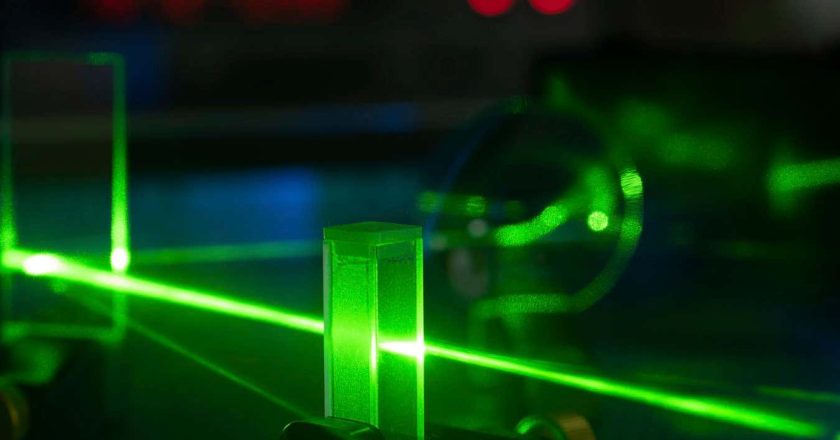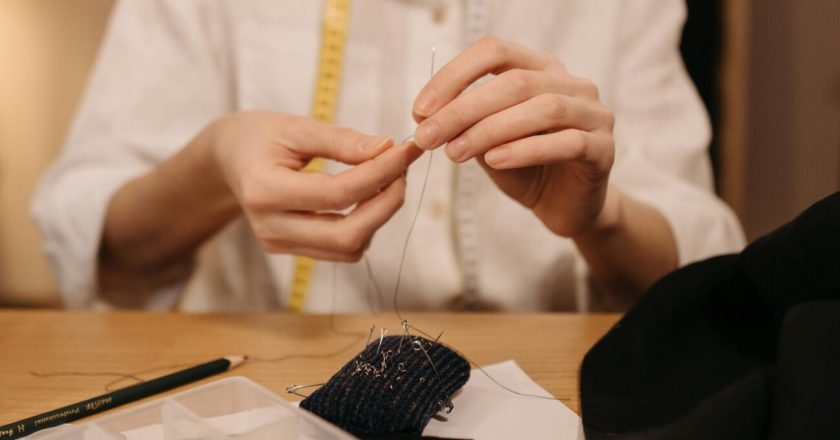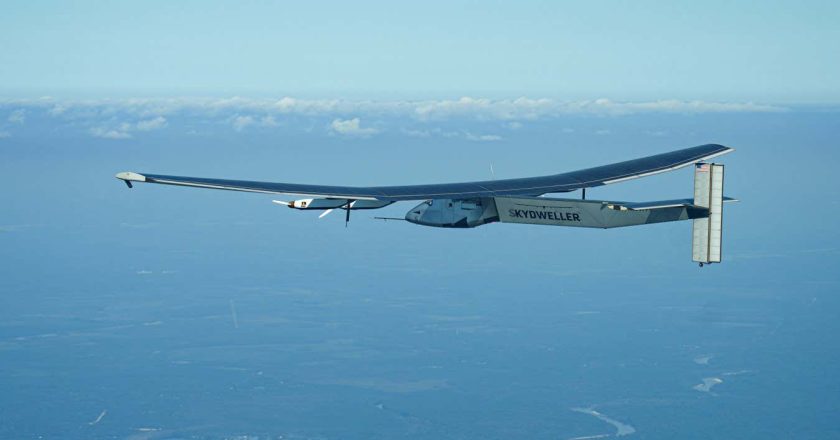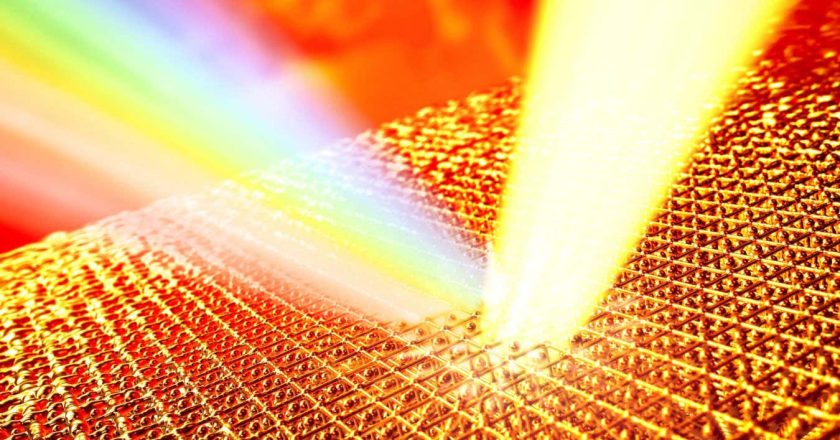‘Universal’ detector spots AI deepfake videos with record accuracy
A deepfake video of Australian prime minister Anthony Albanese on a smartphoneAustralian Associated Press/Alamy
A universal deepfake detector has achieved the best accuracy yet in spotting multiple types of videos manipulated or completely generated by artificial intelligence. The technology may help flag non-consensual AI-generated pornography, deepfake scams or election misinformation videos.
The widespread availability of cheap AI-powered deepfake creation tools has fuelled the out-of-control online spread of synthetic videos. Many depict women – including celebrities and even schoolgirls – in nonconsensual pornography. And deepfakes have also been used to influence political elections, as well as to enhance financial scams targeting both ordinary consumers and...




